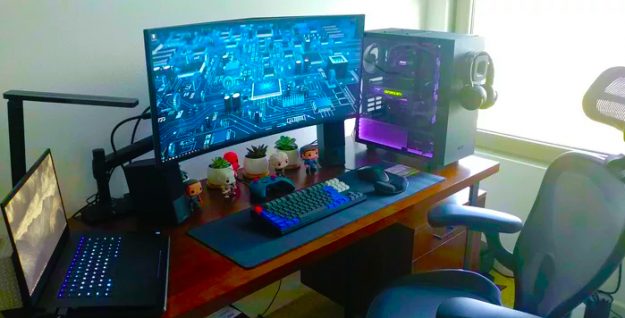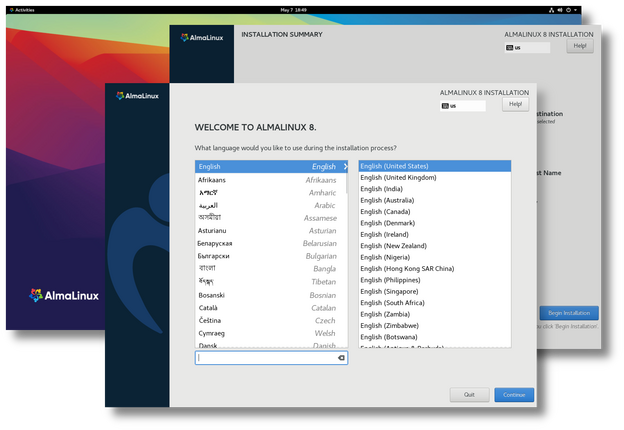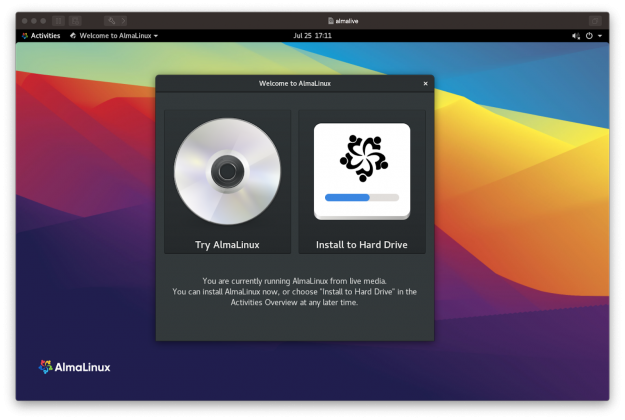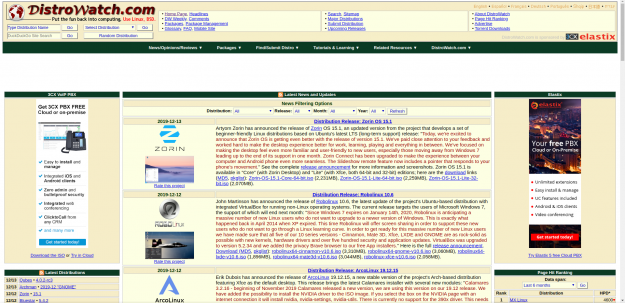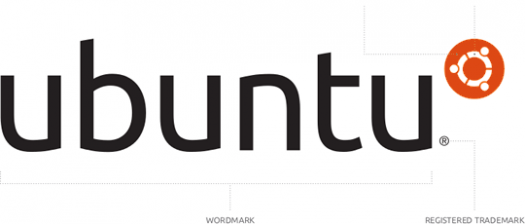CentOS replacement AlmaLinux on Friday released a new ISO for a version of it's operating system that supports IBM's open source Power processor.
Posts published in “Distros”
Solus OS's's co-lead developer leaves to help the project's founder develop another distro, SerpentOS, but will continue to be lead developer for the Budgie desktop environment, which will become an independent project. Confused? Don't be. We'll explain it all.
Much of the technology is already in place to make Ubuntu an excellent gaming distribution, but it's not optimized for gamers out-of-the-box.
The CloudLinux CEO and founder of AlmaLinux steps down as the open source projects chairperson to assure the project's independence.
With this move, CloudLinux keeps its promise to make AlmaLinux a community owned open source project instead of its subsidiary.
Our delve into the numbers presented by Distrowatch indicate that although there have been some notable changes over the last serveral years, the Linux ecosphere is mostly stable from a distro perspective.
Apricity OS, another promising Linux distro has ceased development. “Lack of time” was cited as the major cause.
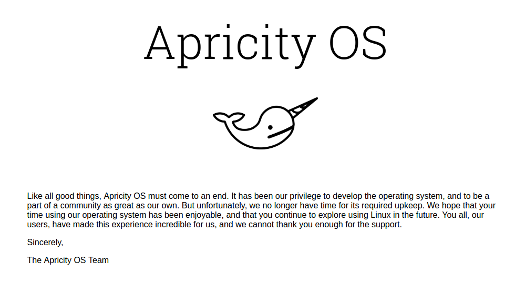
The Arch Linux based distribution, Apricity OS, has announced in an undated notice on its website that it’s shutting down. I learned the of news today when given a heads-up by a follower on Twitter.
The announcement is short and sweet:
Christine Hall has been a journalist since 1971. In 2001, she began writing a weekly consumer computer column and started covering Linux and FOSS in 2002 after making the switch to GNU/Linux. Follow her on Twitter: @BrideOfLinux
OStatic ceased publication without warning or explanation in February. Archphile yesterday announced on Twitter that its “officially dead.”
Ostatic, the once popular website for news and information about Linux and open source, has disappeared from the face of the earth. Also gone, Archphile, an Arch Linux-based distro targeting audio playback quality for ARM devices.
I’ve been meaning to write about the demise of Ostatic for a month or so now, but it’s not easy to put together an article when you have absolutely no facts. I first noticed the site was gone a month or so back, when an attempt to reach it turned up one of those “this site can’t be reached” error messages. With a little checking, I was able to verify that the site has indeed gone dark, with writers for the site evidently losing access to their content without notice. Other than that, I’ve been able to find out nothing.
Christine Hall has been a journalist since 1971. In 2001, she began writing a weekly consumer computer column and started covering Linux and FOSS in 2002 after making the switch to GNU/Linux. Follow her on Twitter: @BrideOfLinux


